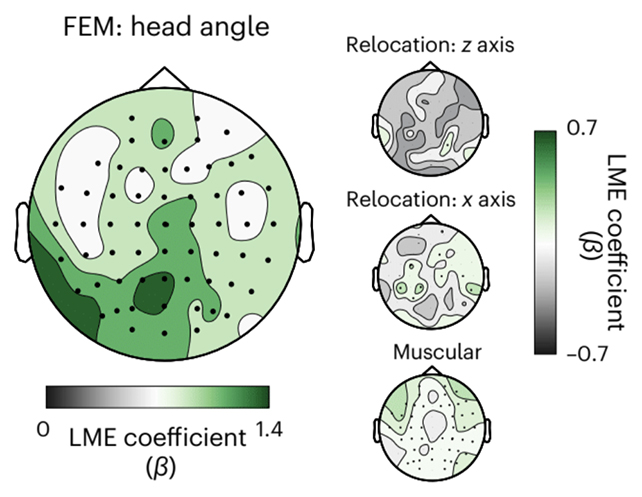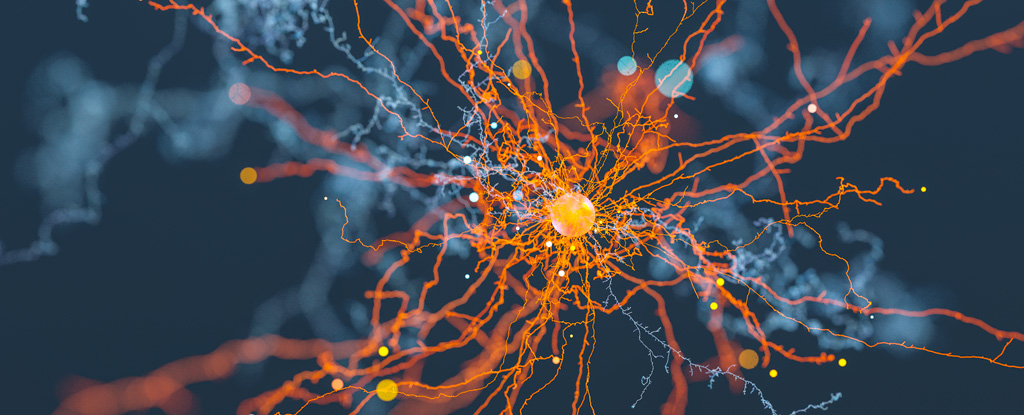Products You May Like
To keep our bodies properly oriented, our brains perform impressive feats of calculation that track our stumbling meat sack through a mental map of our surrounds.
While a lot of research has focussed on the mapping, little has managed to determine how our neurological wiring monitors our direction within it.
A team of researchers from the University of Birmingham in the UK and the Ludwig Maximilian University of Munich in Germany has identified signature brain activity that describes a kind of ‘neural compass’ in the hope of understanding how we find our way through the world.
Even the smallest of errors in terms of the way our body is pointing and where we are looking can cause problems – whether it’s walking through a door or driving a car – and the study may also inform research into neurodegenerative diseases like Alzheimer’s.

“We know that animals such as birds, rats and bats have neural circuitry that keeps them on track, but we know surprisingly little about how the human brain manages this out and about in the real world,” says neuroscientist Benjamin Griffiths, from the University of Birmingham.
In two separate experiments, Griffiths and his colleagues prompted 52 healthy volunteers to orient their heads and eyes in different ways while monitoring brain signals via electroencephalogram (EEG) caps connected to the scalp and recording their movements with motion tracking.
Further tests were run on 10 volunteers already fitted with electrodes inside their skulls, for conditions such as epilepsy. This gave the team an even closer look at the brain regions lighting up with activity as the head and eyes were moved.
Factoring out influences on neural firing from muscle movement and sensory input, the researchers identified regions in the medial temporal lobe (involved in memory), the parietal cortex (involved in linking incoming information together), and parahippocampus (involved in place recognition) as being significant contributors to our neural compass.
“Several distinct regions are tuned to changes in head angle, including the parietal lobe and parahippocampus,” the researchers explain in their paper. “We identified a signature tuned to current heading angle that is distinguishable from sensory input and muscular activity.”
Signals in these regions were sent just before head movements, suggesting they play a crucial role in getting us facing the way we need to be – and making sure we don’t lose track of where we are in an environment.
“Isolating these signals enables us to really focus on how the brain processes navigational information and how these signals work alongside other cues such as visual landmarks,” says Griffiths.
With a better understanding of how the brain pilots our bodies around we might be able to help prevent this particular bit of neural circuitry from breaking down. The study team also suggests research into navigation tech could also benefit.
The new findings are also interesting in the context of our growing dependence on using technology to find our way around. It might be that our neural compass has been discovered even as our reliance upon it shrinks.
“Our approach has opened up new avenues for exploring these features, with implications for research into neurodegenerative diseases and even for improving navigational technologies in robotics and AI,” says Griffiths.
The research has been published in Nature Human Behaviour.
